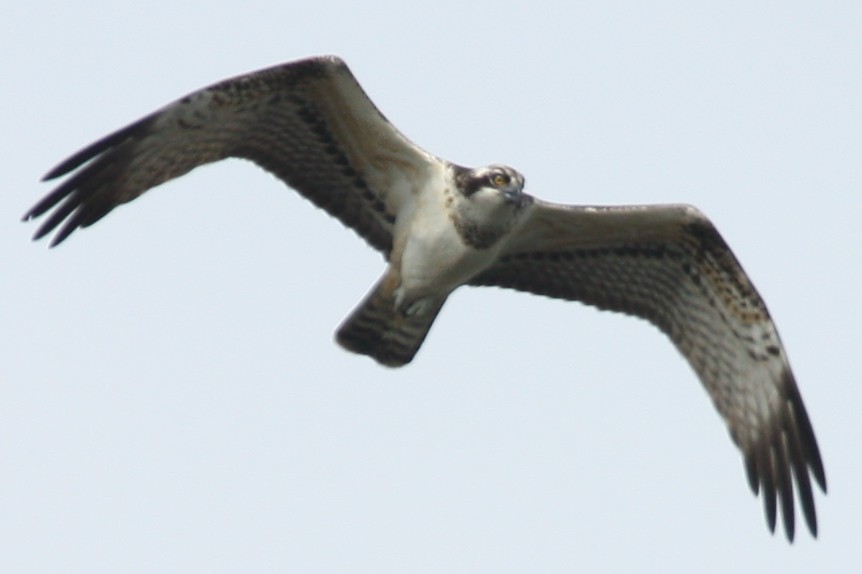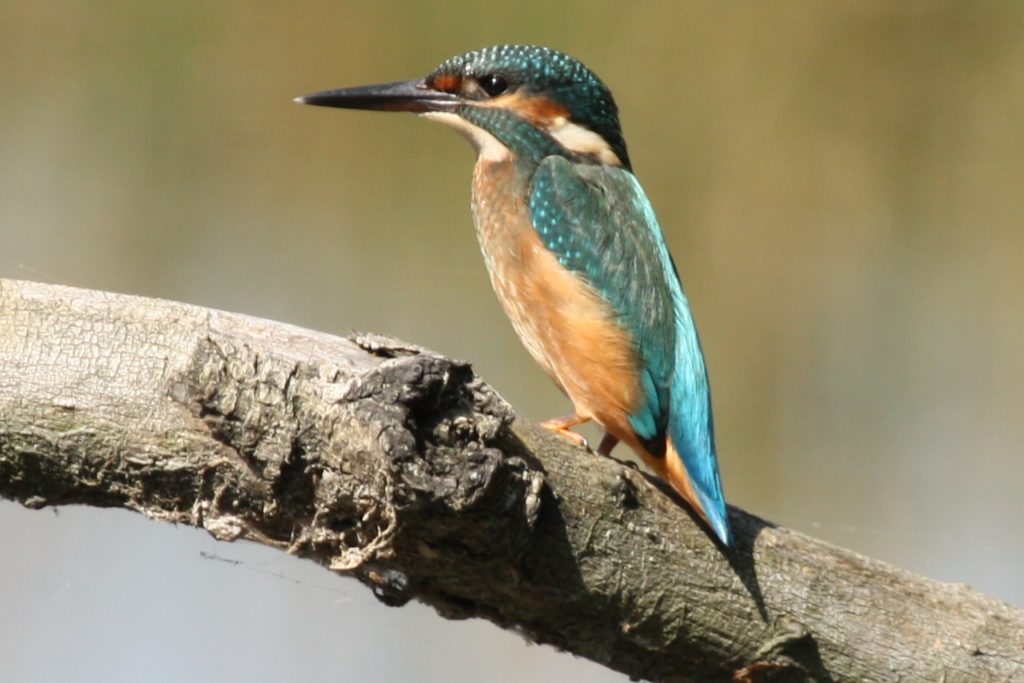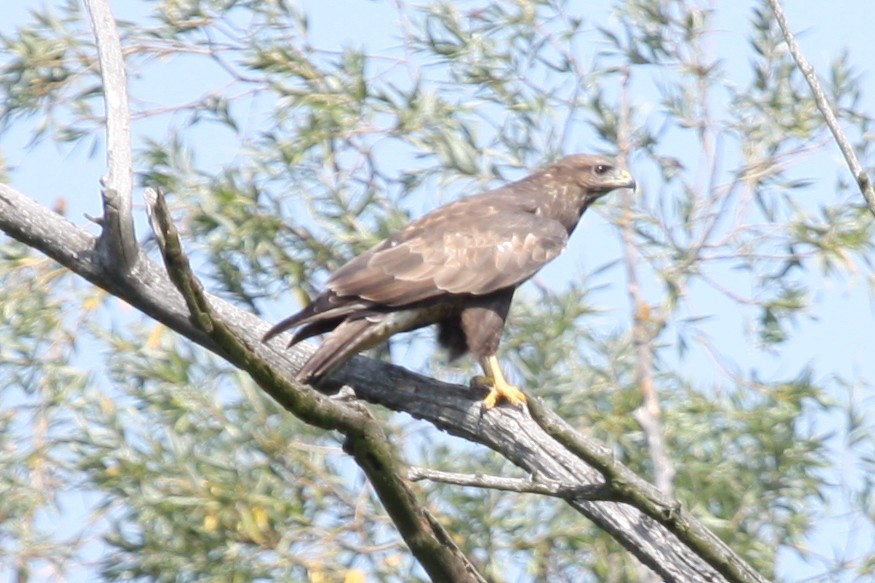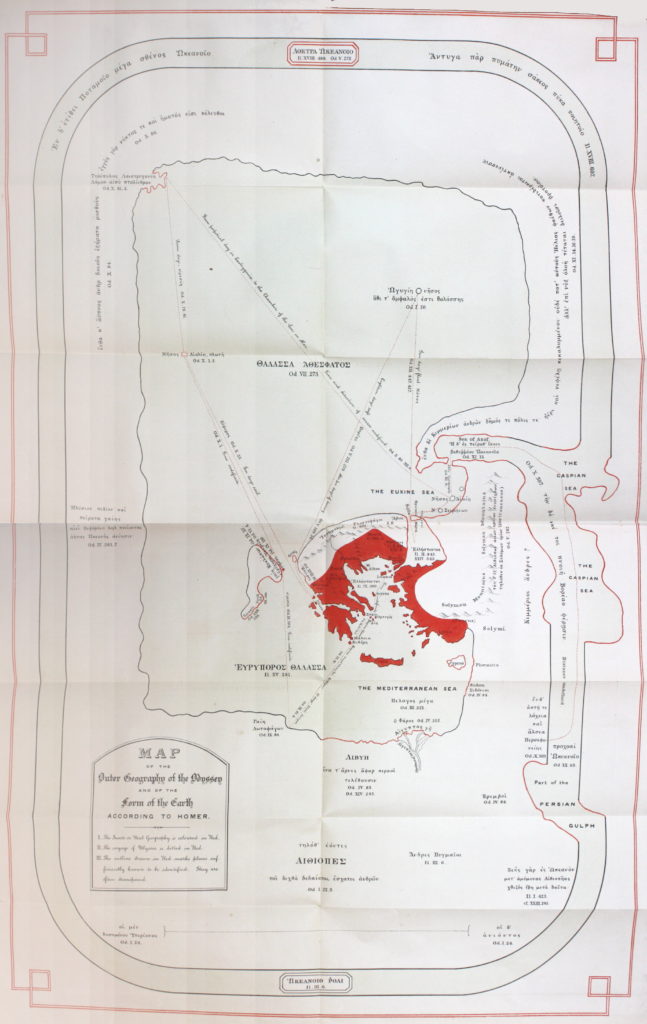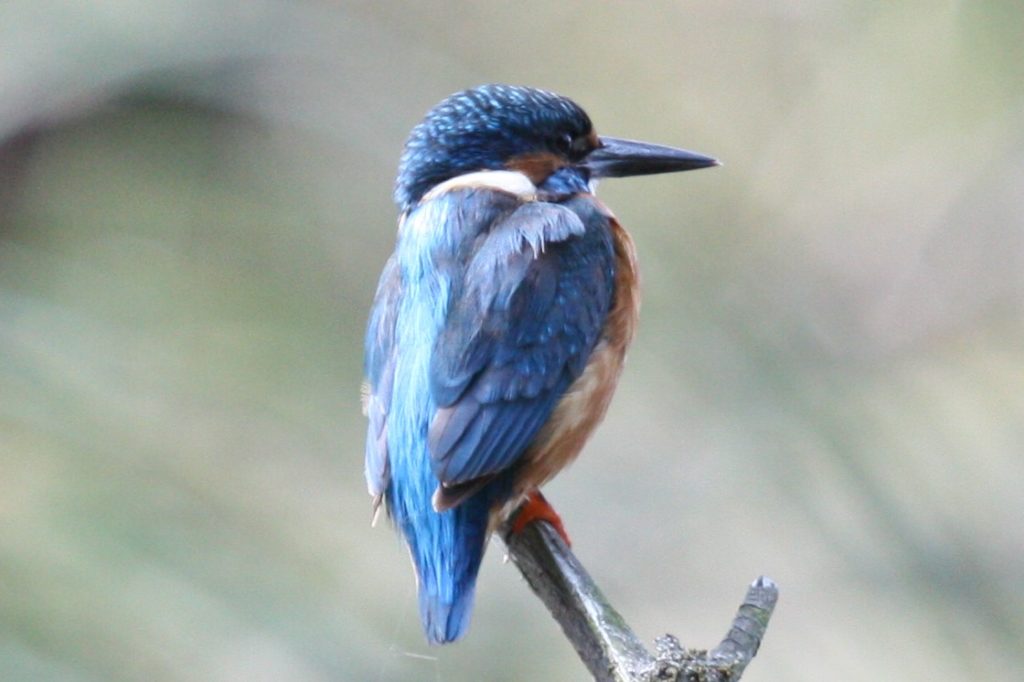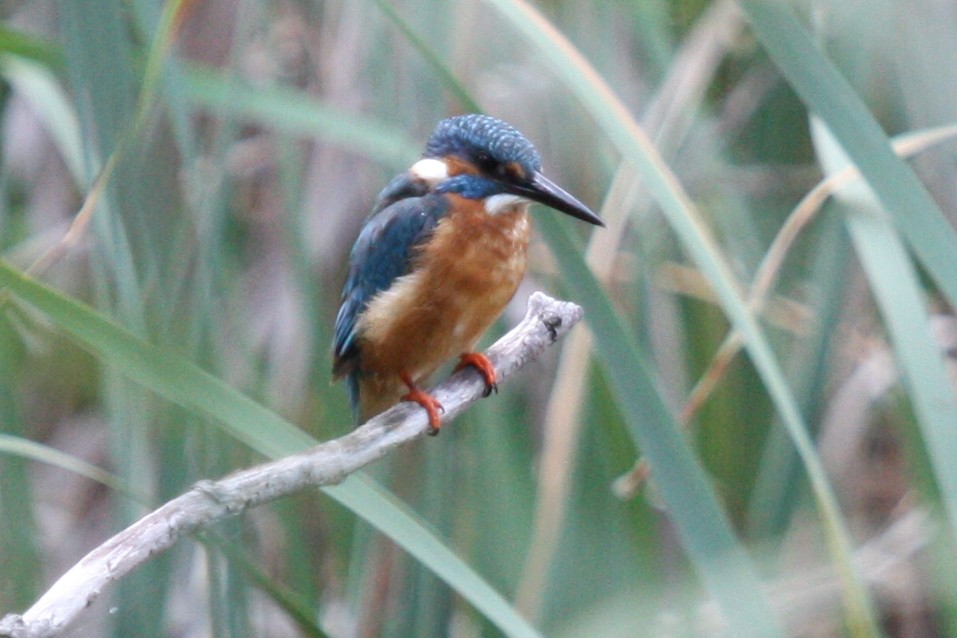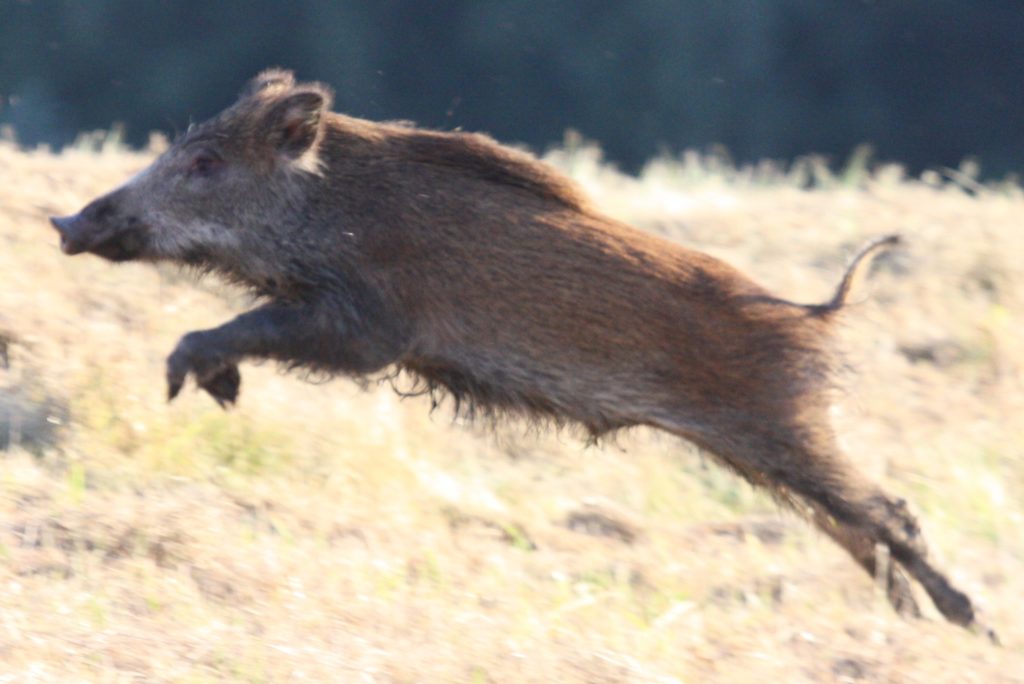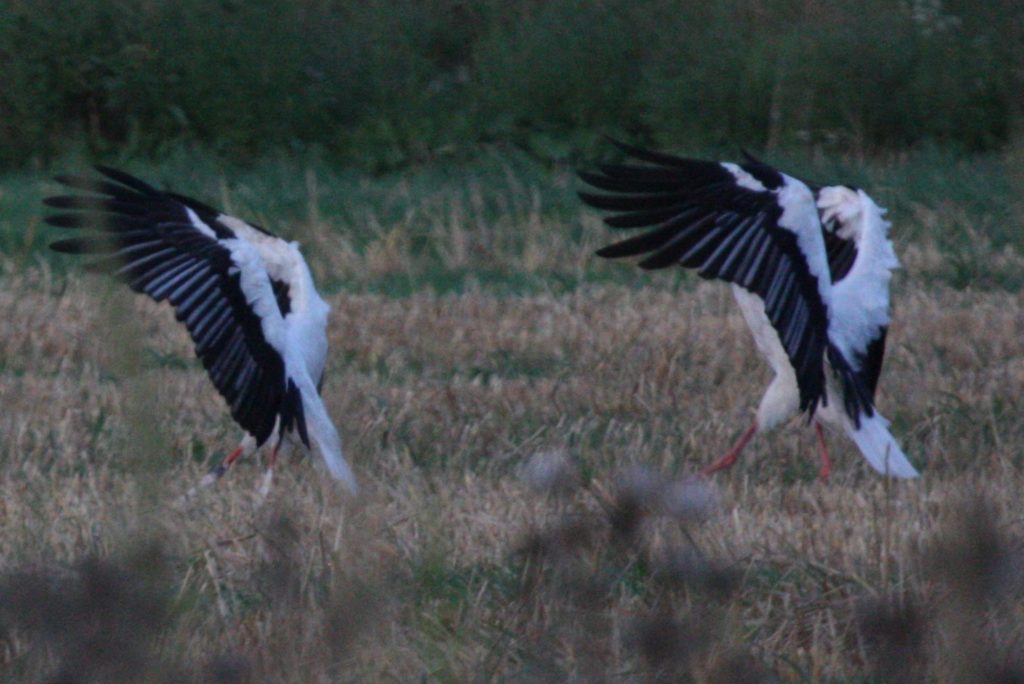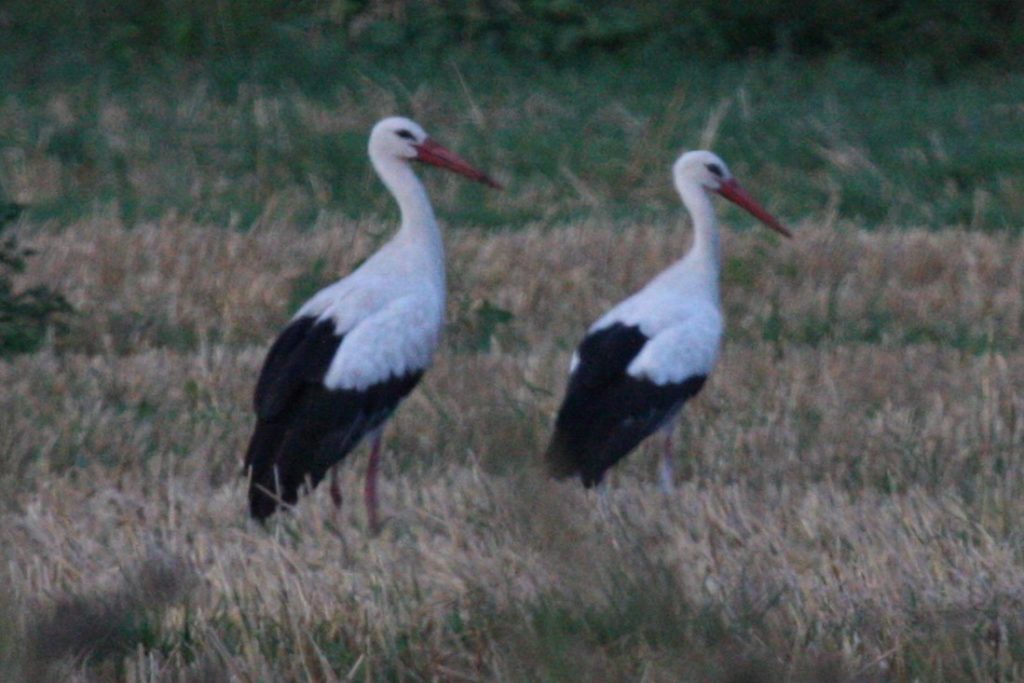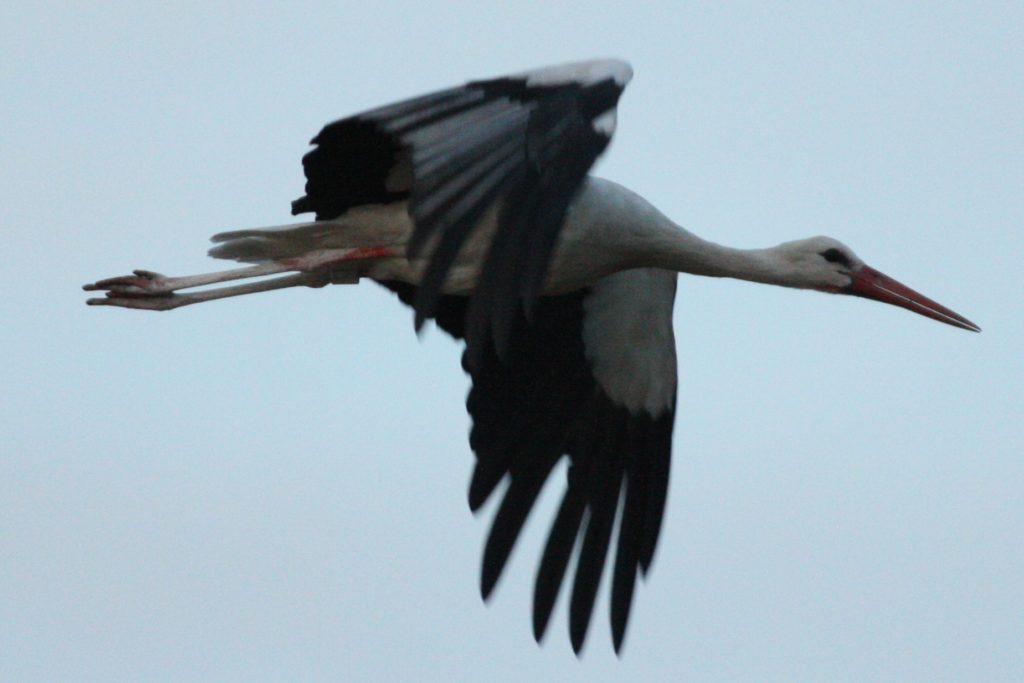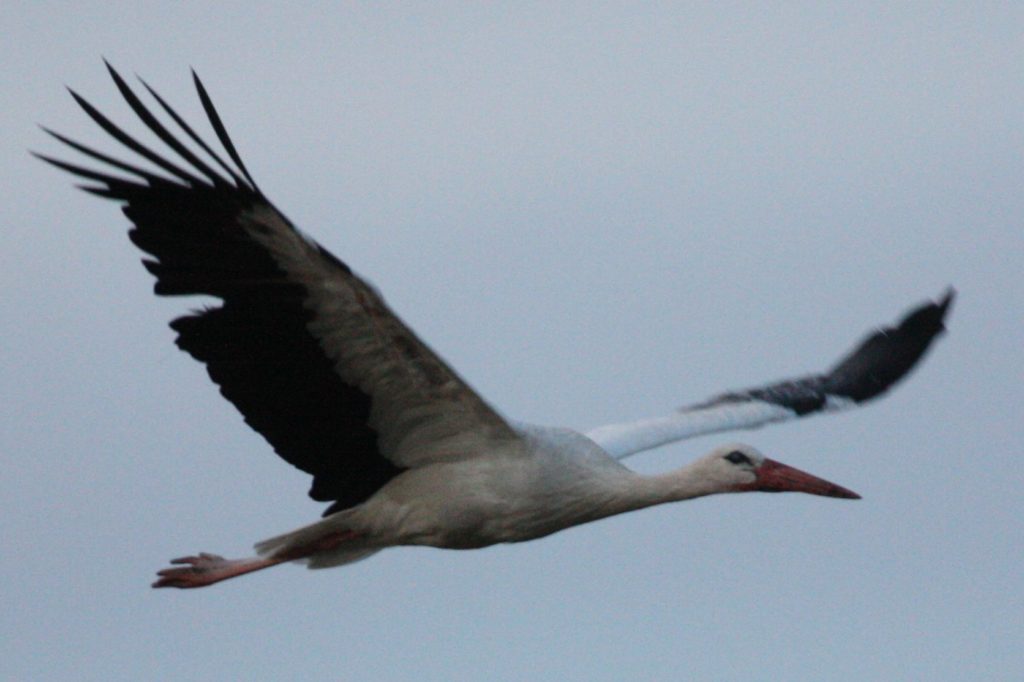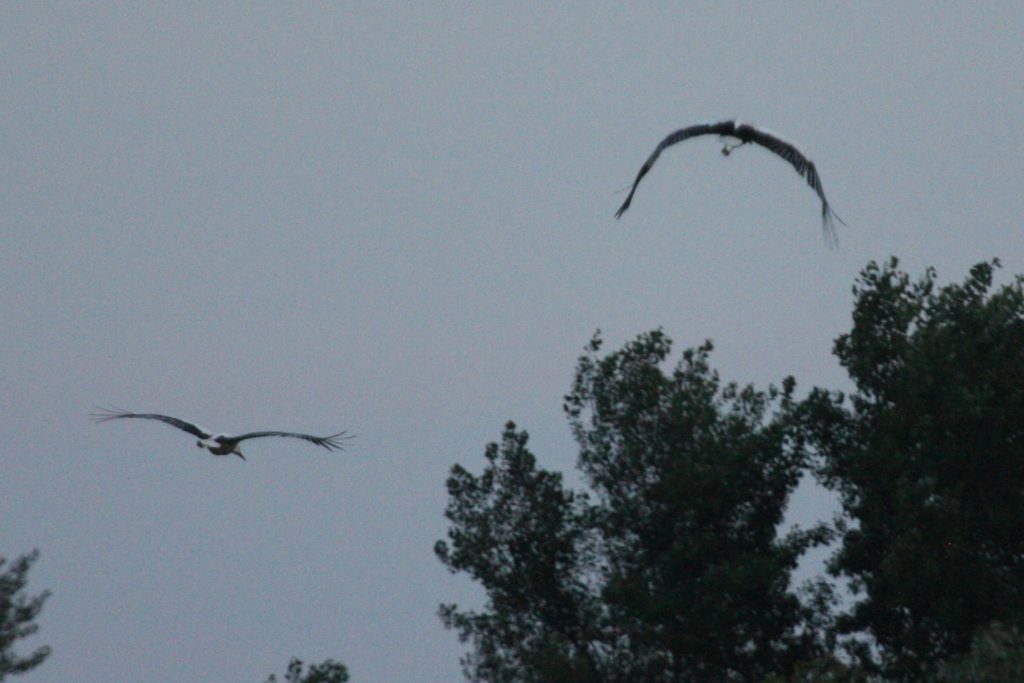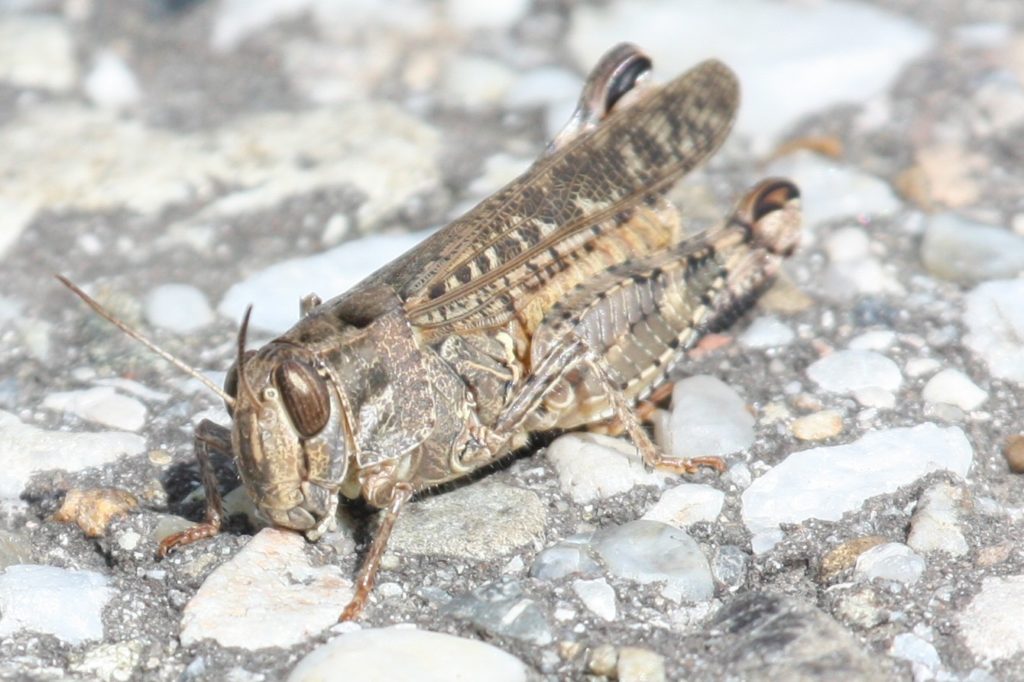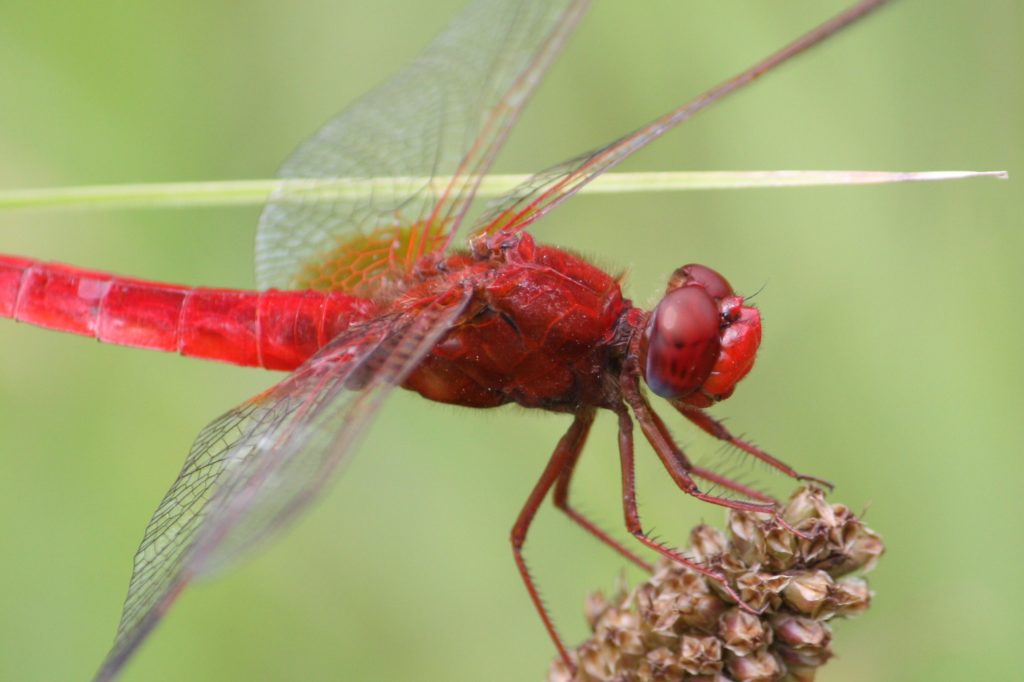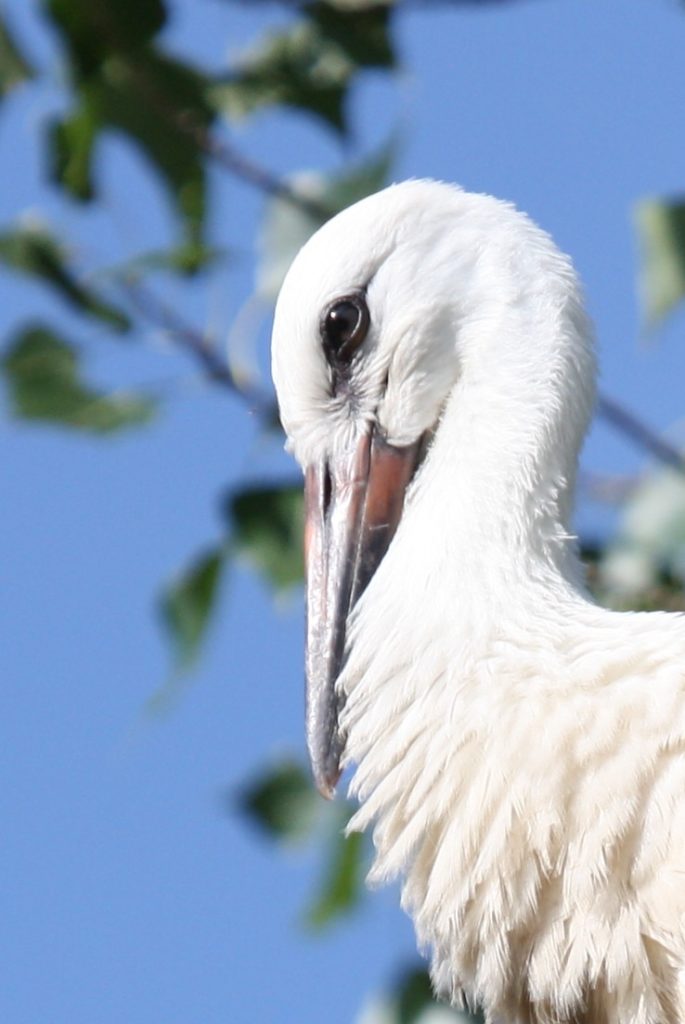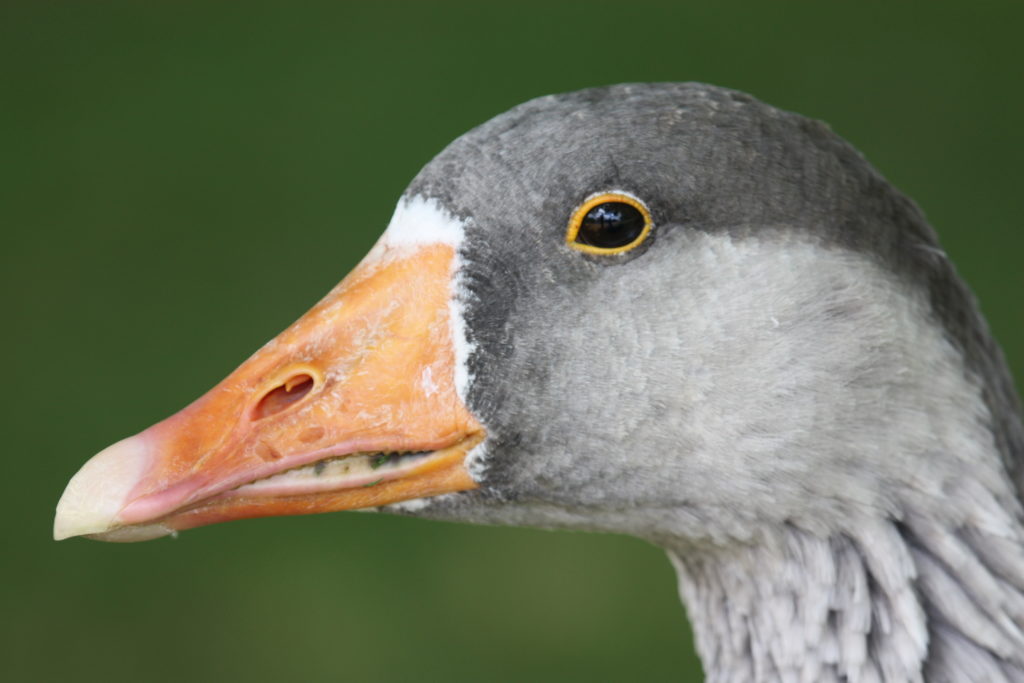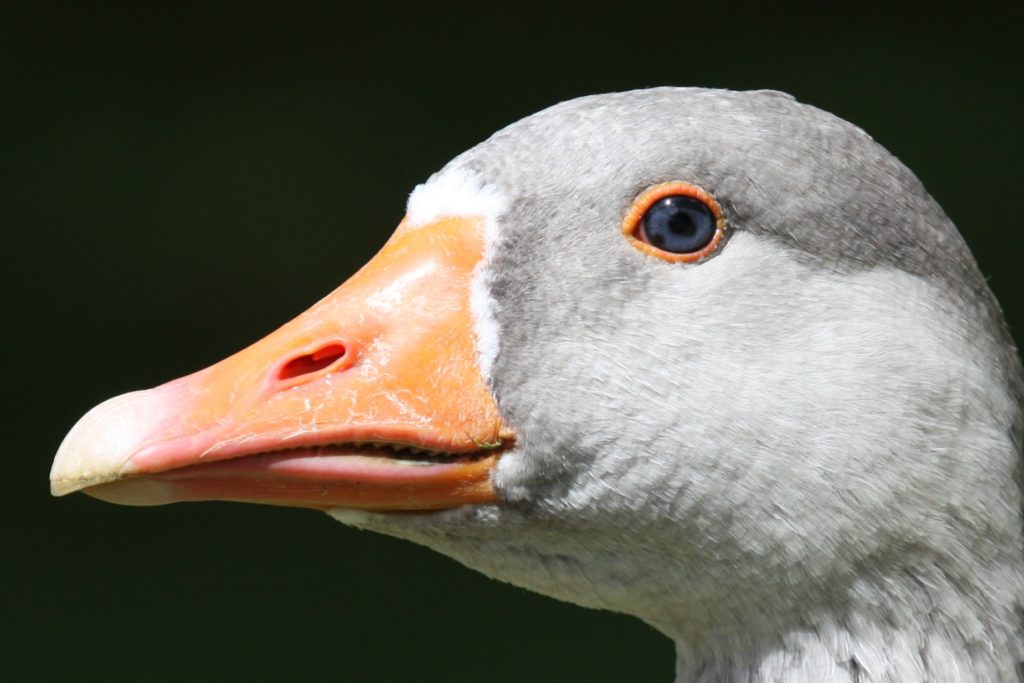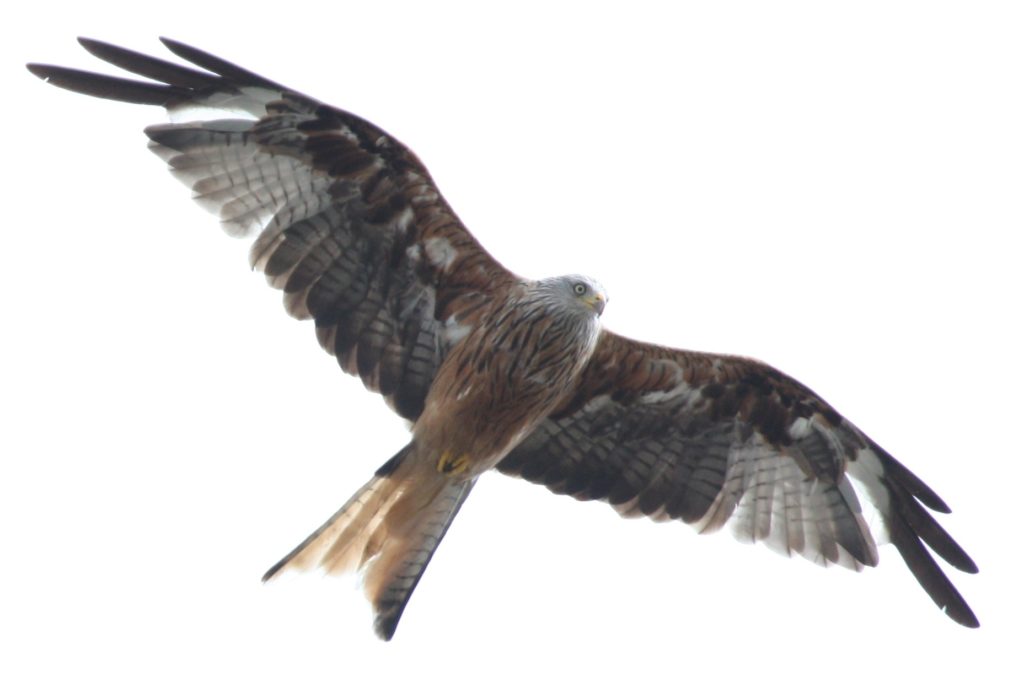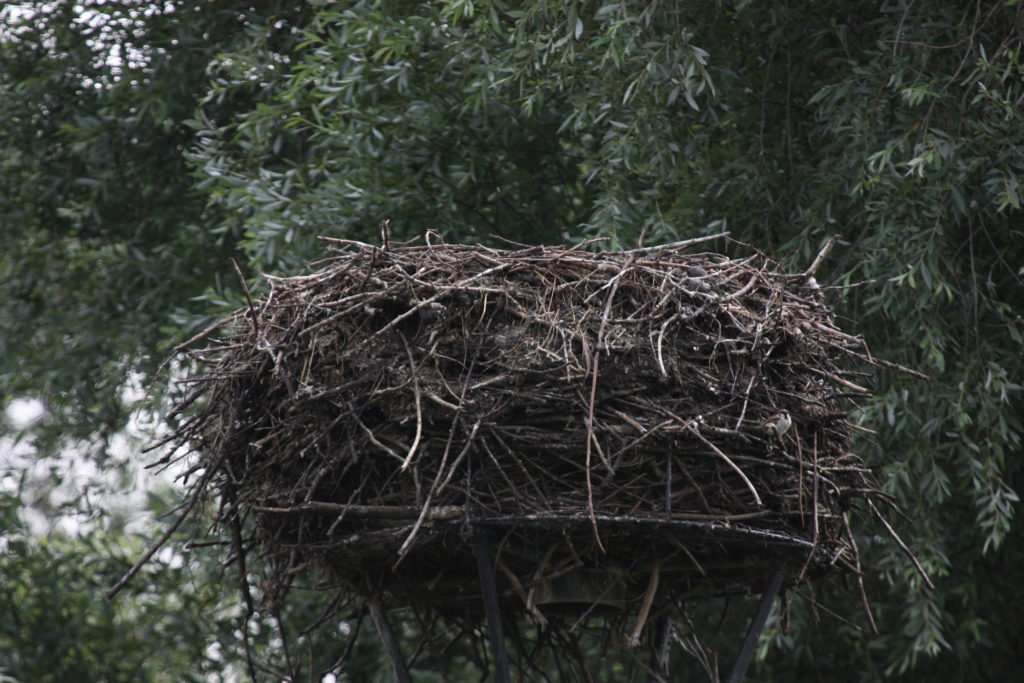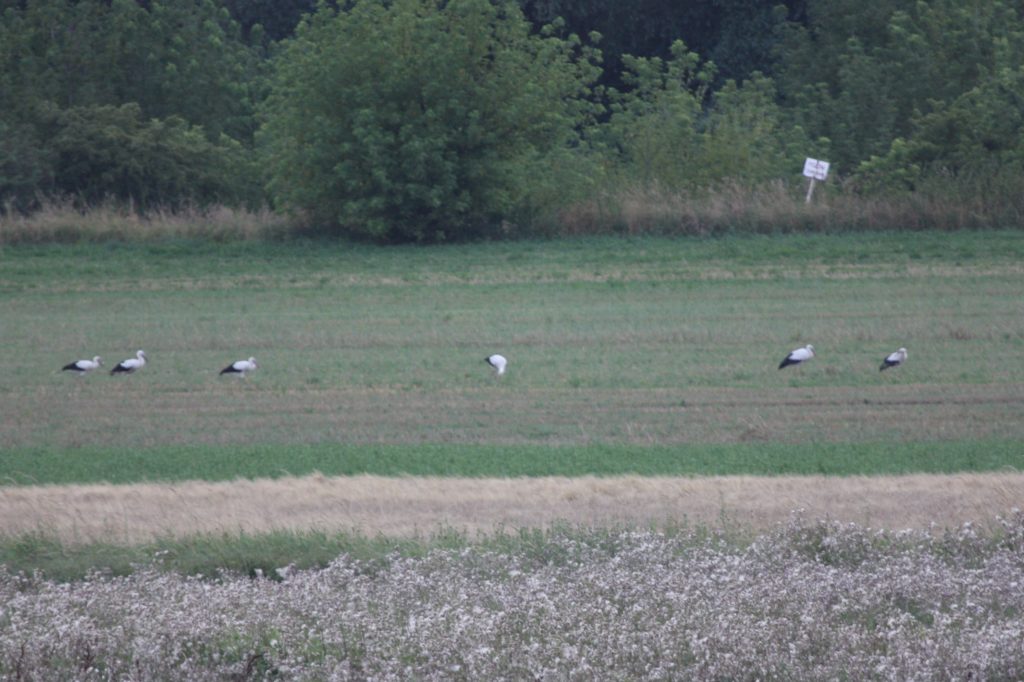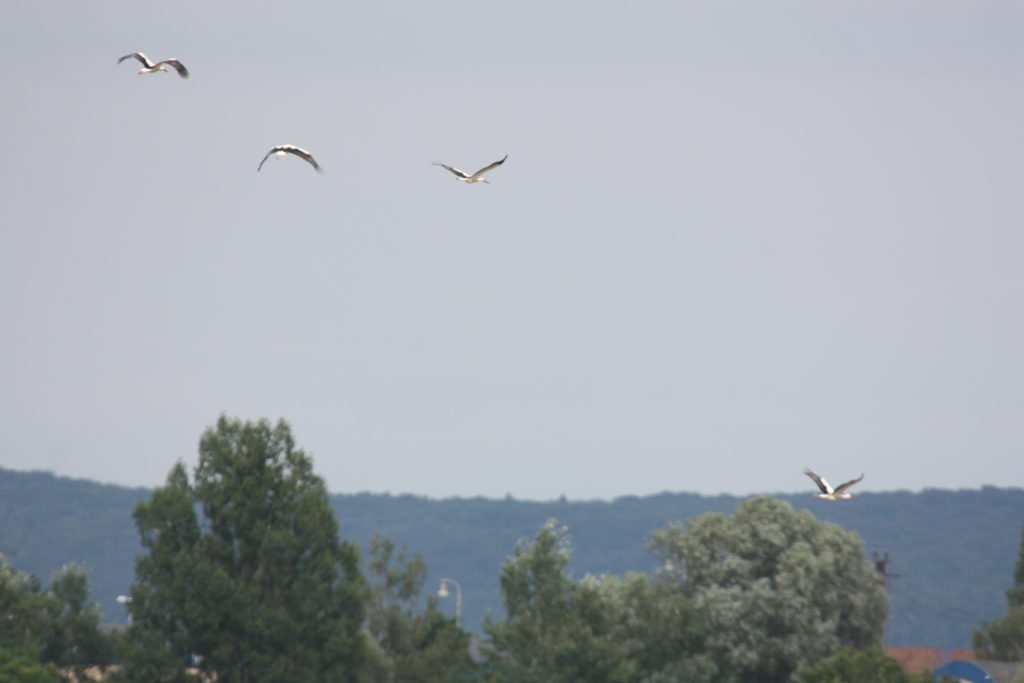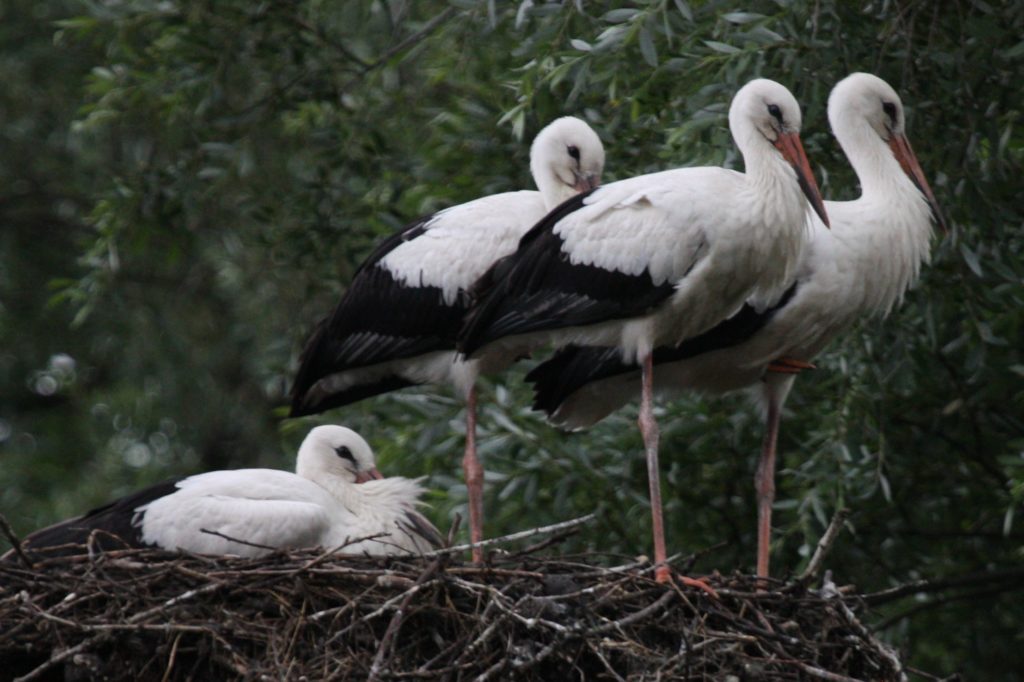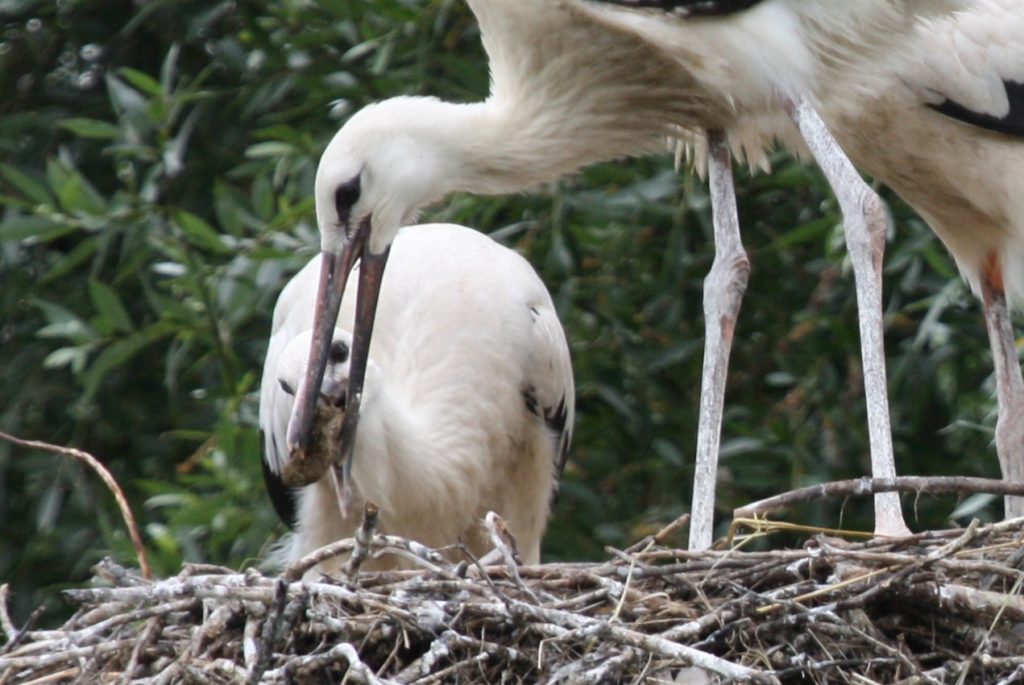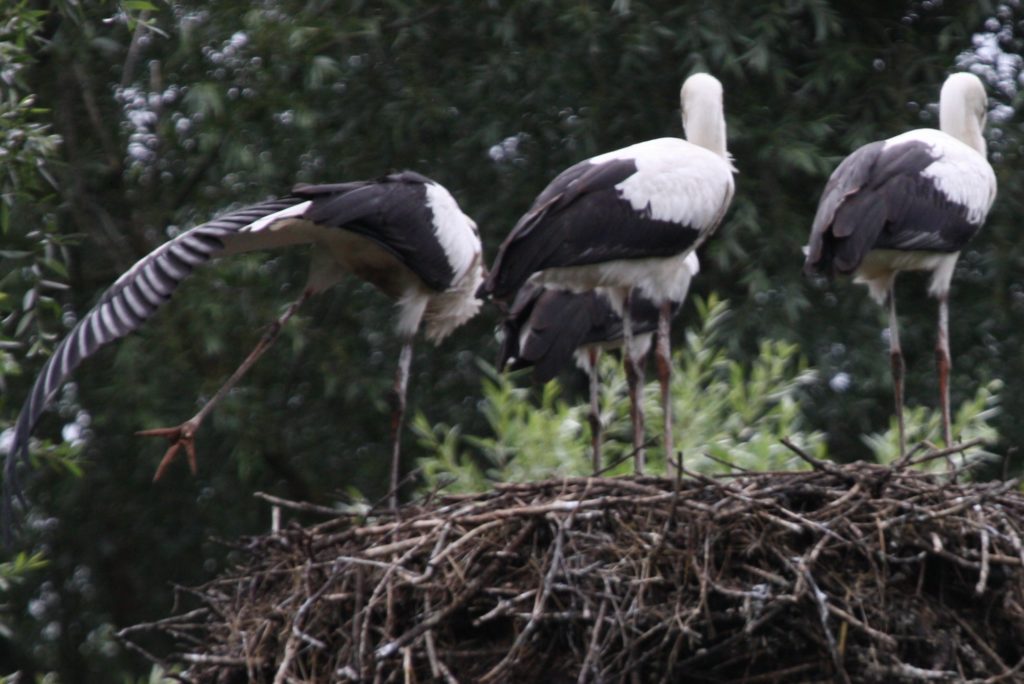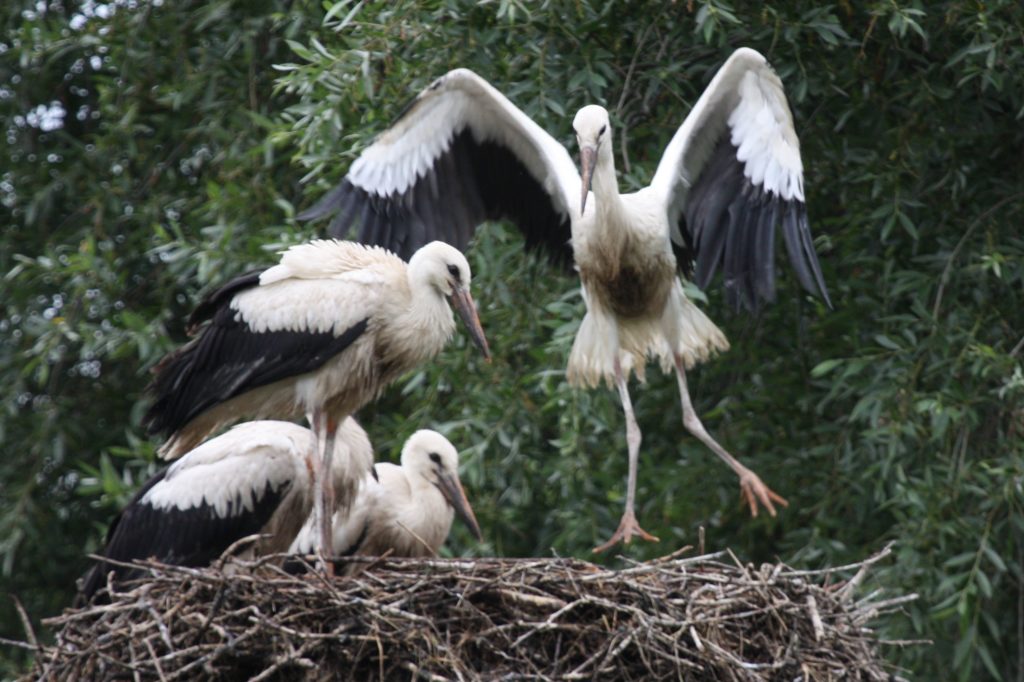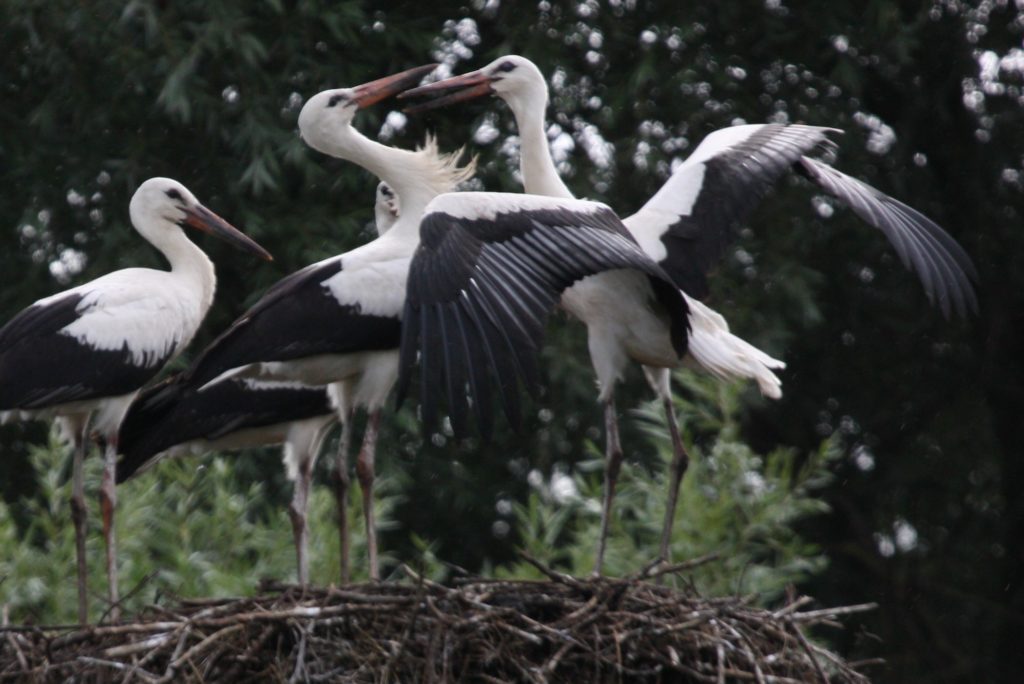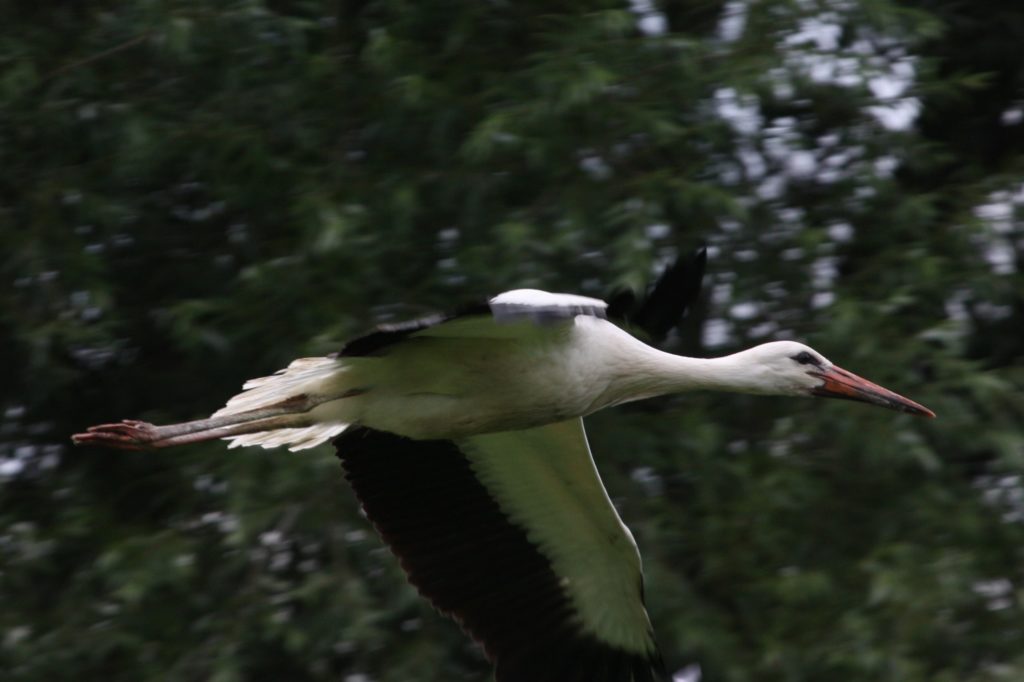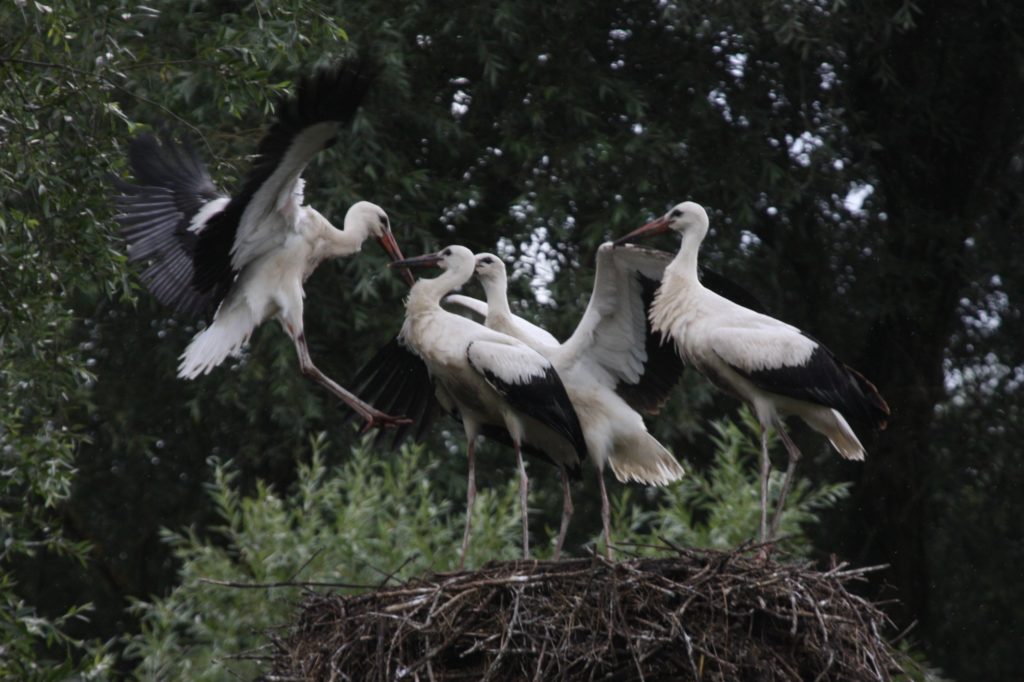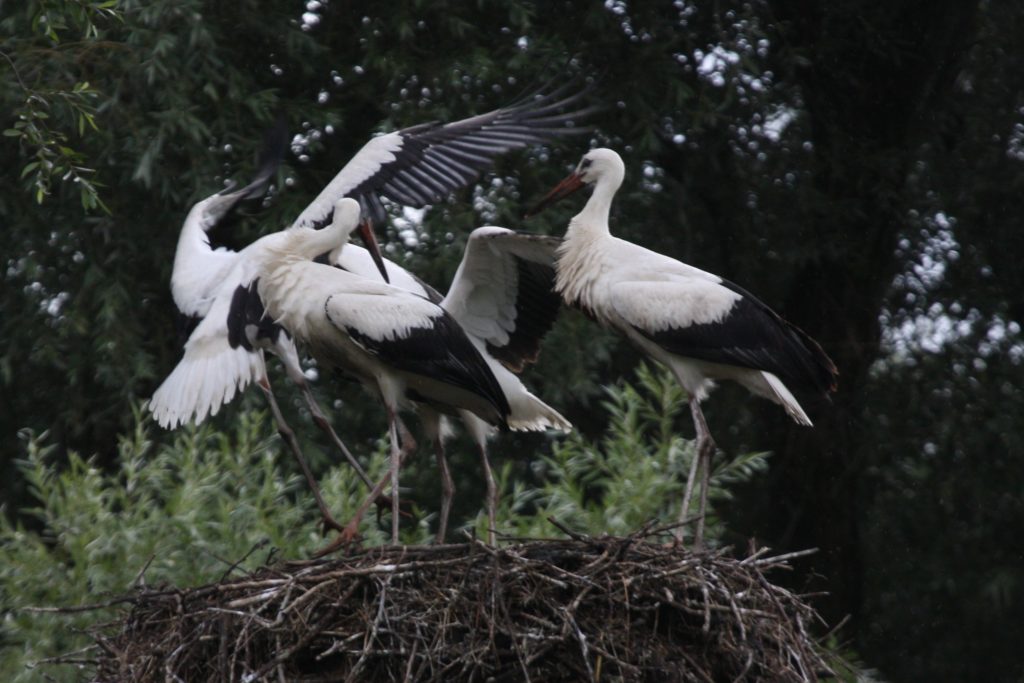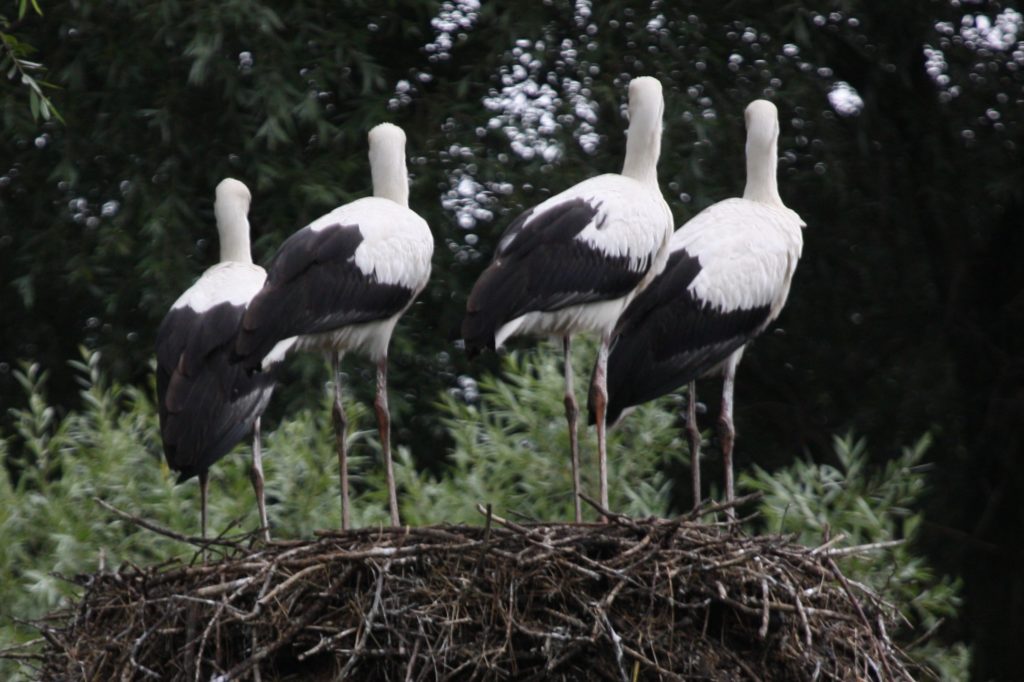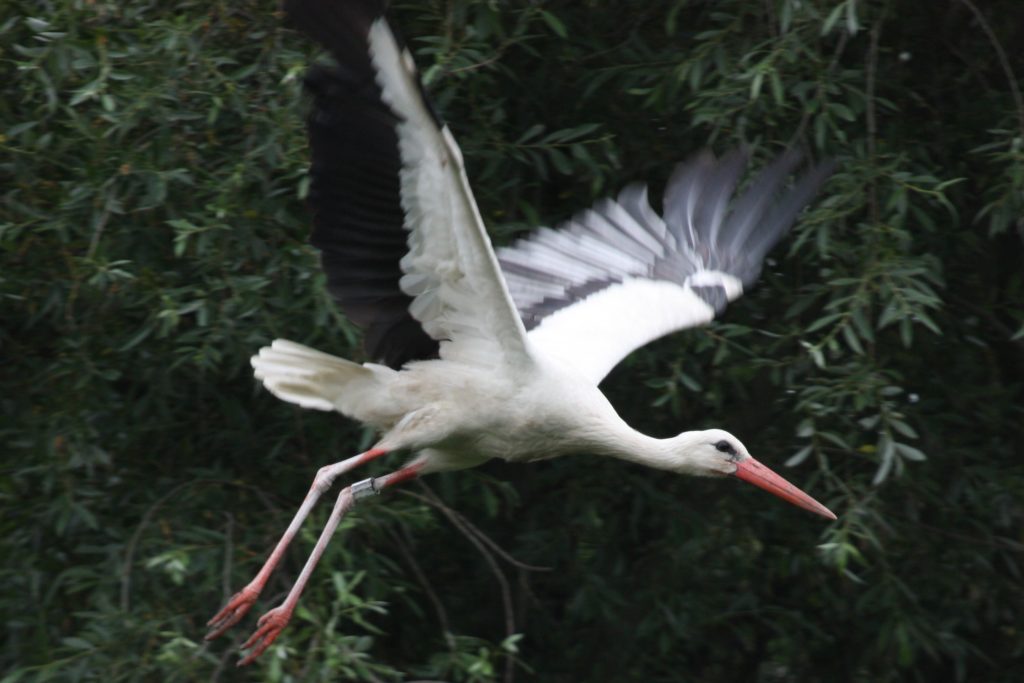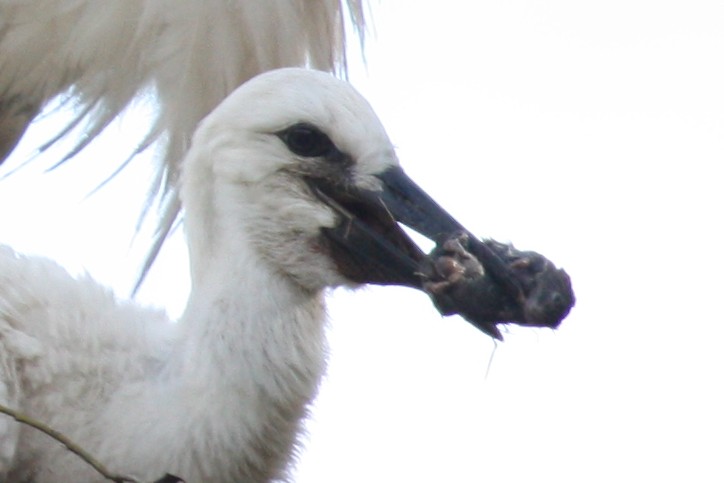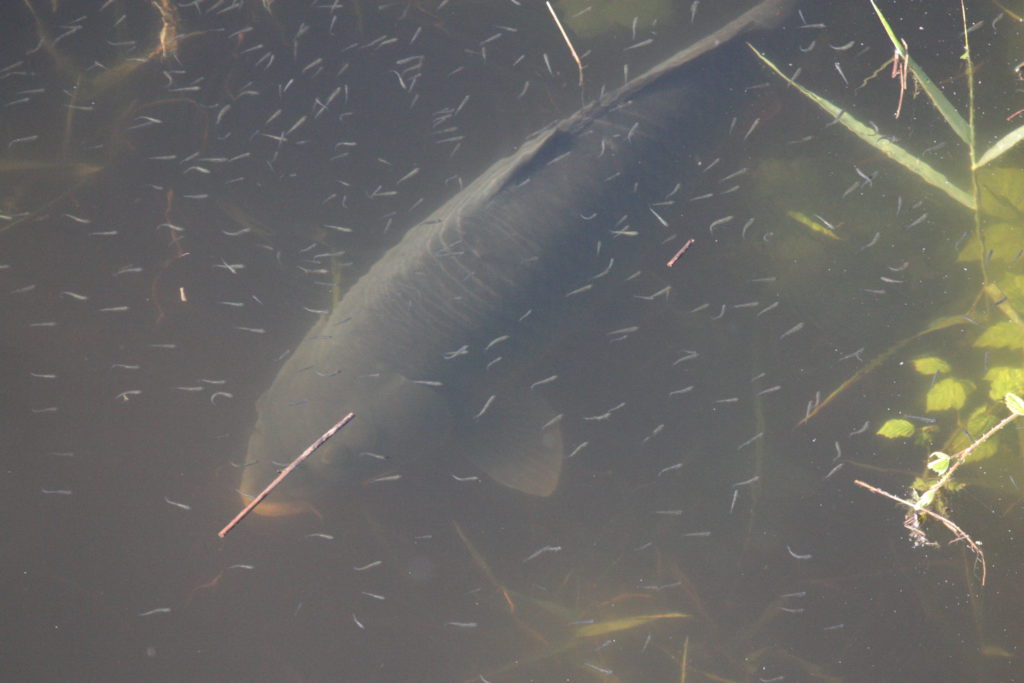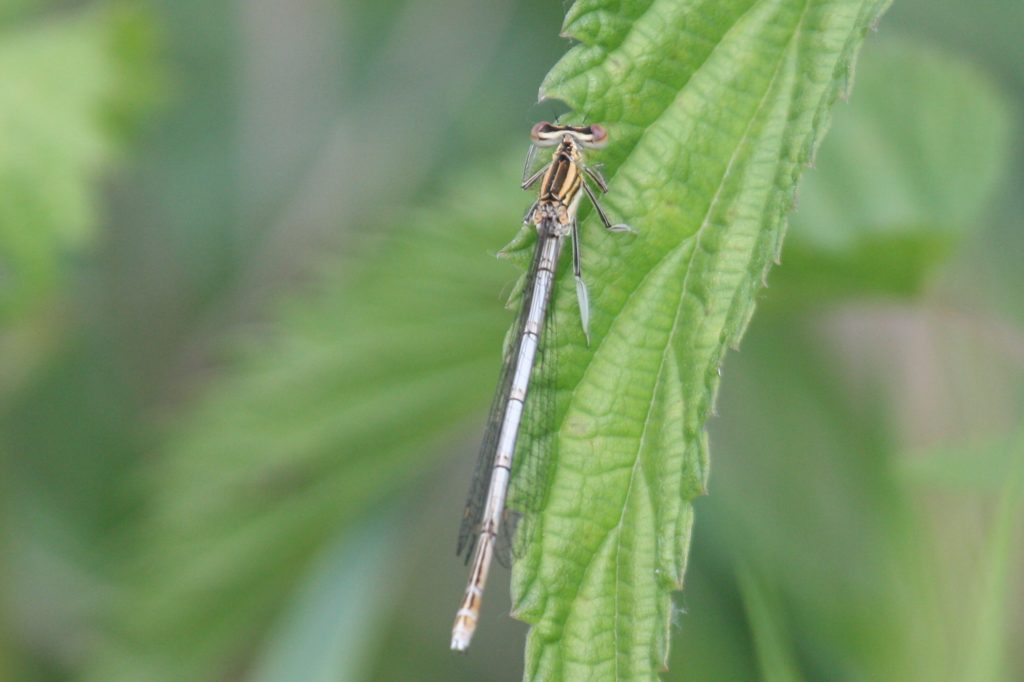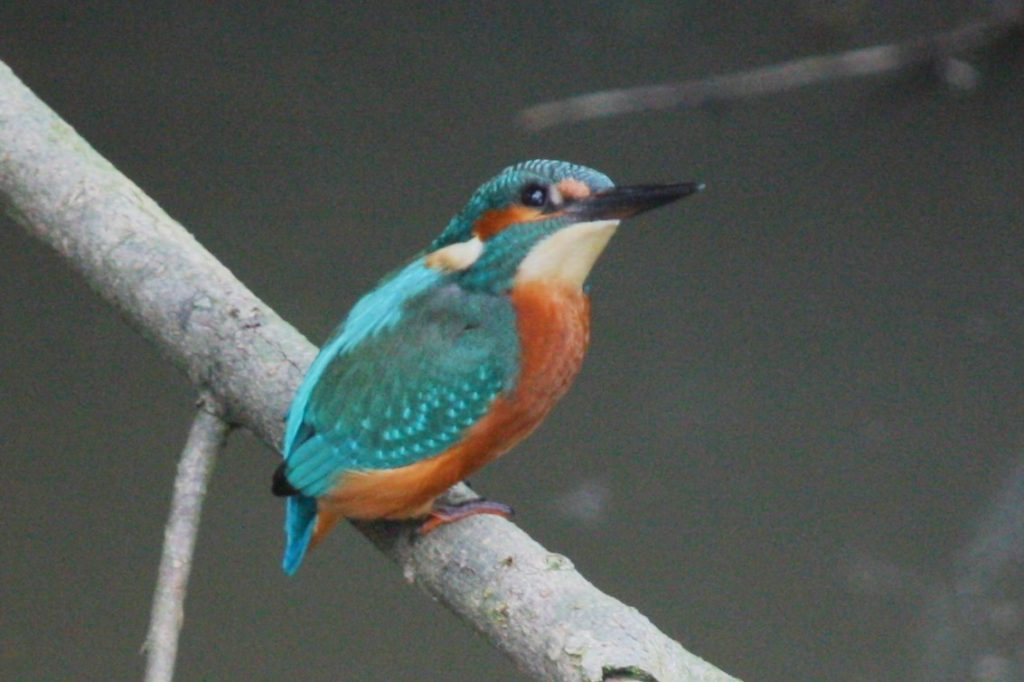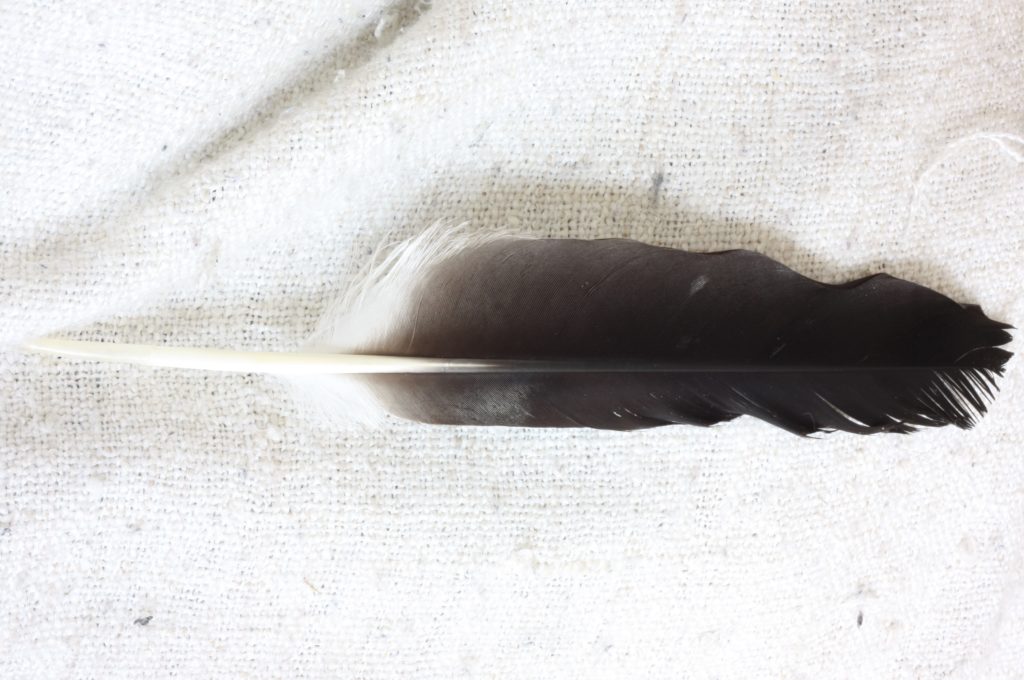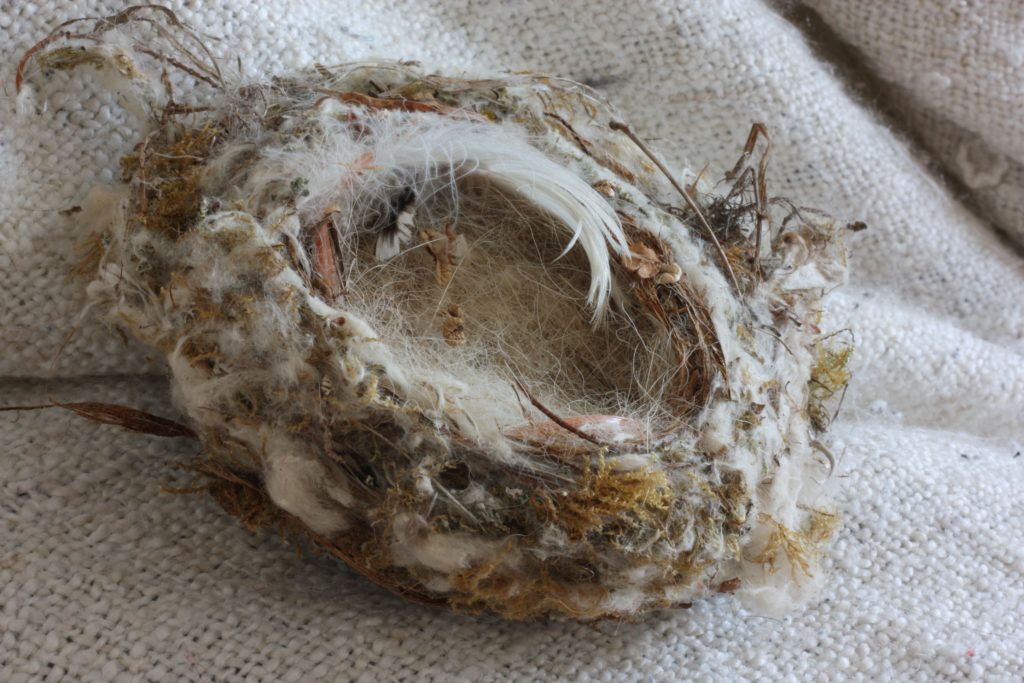52 books finished in the last six months (though the number is inflated slightly by the small, if well-formed, Wildeana).
Literature
Girl Meets Boy — Ali Smith
Between the Assassinations — Aravind Adiga
Last Man in Tower — Aravind Adiga
The Portable Veblen — Elizabeth McKenzie
Death and the Penguin — Andrey Kurkov
An Artist of the Floating World — Kazuo Ishiguro
The Assassination of Margaret Thatcher — Hilary Mantel
The Steep Approach to Garbadale — Iain Banks
The Taxidermist’s Daughter — Kate Mosse
The Corrections — Jonathan Franzen
Oryx and Crake — Margaret Atwood
Rivers of Babylon — Peter Pišťanek
Fire Down Below — William Golding
Angels Over Elsinore — Clive James
Birchwood — John Banville
Mother Night — Kurt Vonnegut
Orlando — Virginia Woolf
Room — Emma Donoghue
On Chesil Beach — Ian McEwan
Standouts here were The Portable Veblen (a quirkier Jonathan Franzen), Angels Over Elsinore, which gave me a whole new perspective on Clive James, and (at the risk of a back-handed compliment) the first half of Room.
Wilde
A Woman of No Importance — Oscar Wilde
Oscar Wilde — Richard Ellmann
An Ideal Husband — Oscar Wilde
The Importance of Being Earnest — Oscar Wilde
De Profundis — Oscar Wilde
Lady Windermere’s Fan — Oscar Wilde
Obviously, having finally got round to reading my 20 year old copy of Ellmann’s biography, I had to stop every so often to read the actual plays. So he gets his own section.
Trash
Signed, Picpus — Georges Simenon
Saints of the Shadow Bible — Ian Rankin
I, Partridge — Steve Coogan
I started reading Fleshmarket Close too, but stopped after about 20 pages when I still couldn’t decide whether I’d already read it. Took that as a sign.
SF/F
The Martians — Kim Stanley Robinson
Poseidon’s Wake — Alastair Reynolds
Redemption Ark — Alastair Reynolds
Solaris — Stanislav Lem
Aurora — Kim Stanley Robinson
Stories of Your Life and Others — Ted Chiang
River of Gods — Ian McDonald
Shikasta — Doris Lessing
In Viriconium — M. John Harrison
Ted Chiang was my big discovery here — philosophical and enjoyable SF stories. Having earlier given up on The Golden Notebook, I trudged through Shikasta, but was not impressed.
Non-fiction
The Aquariums of Pyongyang — Kang Chol-Hwan
The Hare with the Amber Eyes — Edmund de Waal
What If? — Randall Munroe
Mortality — Christopher Hitchens
One Summer: America 1927 — Bill Bryson
I Think You’ll Find It’s a Bit More Complicated Than That — Ben Goldacre
Lingo — Gaston Dorren
Why Be Happy When You Could Be Normal? — Jeanette Winterson
23 Things They Don’t Tell You About Capitalism — Ha-Joon Chang
Winterson is brilliant, especially about her mother (“the trouble with a book is, you never know what’s in it until it’s too late”).
Gutenberg
Homer and the Homeric Age — W. E. Gladstone
The History of the Highland Clearances — Alexander Mackenzie
Three Years in Tibet — Ekai Kawaguchi
I finally finished reading Gladstone, though there’s still a map to track down before it can be sent to Project Gutenberg. Kawaguchi’s book, bizarrely published by Annie Besant in Madras, is a fascinating early account of the country, though his occasional claims to have “reached the plane of non-ego” don’t seem to have harmed his opinion of himself.
Children’s
The Little Prince — Antoine de Saint-Exupéry
Witch Week — Diana Wynne Jones
Kaspar: Prince of Cats — Michael Morpurgo
Gave up on
Dishonourable mention for a couple of books which I couldn’t force down. Coincidentally, both were inept in the same way, indicating that a foreigner was talking by having them say the most basic words in their own language. Annoying, ja?
The Zone of Interest — Martin Amis
Snowdrops — A. D. Miller

